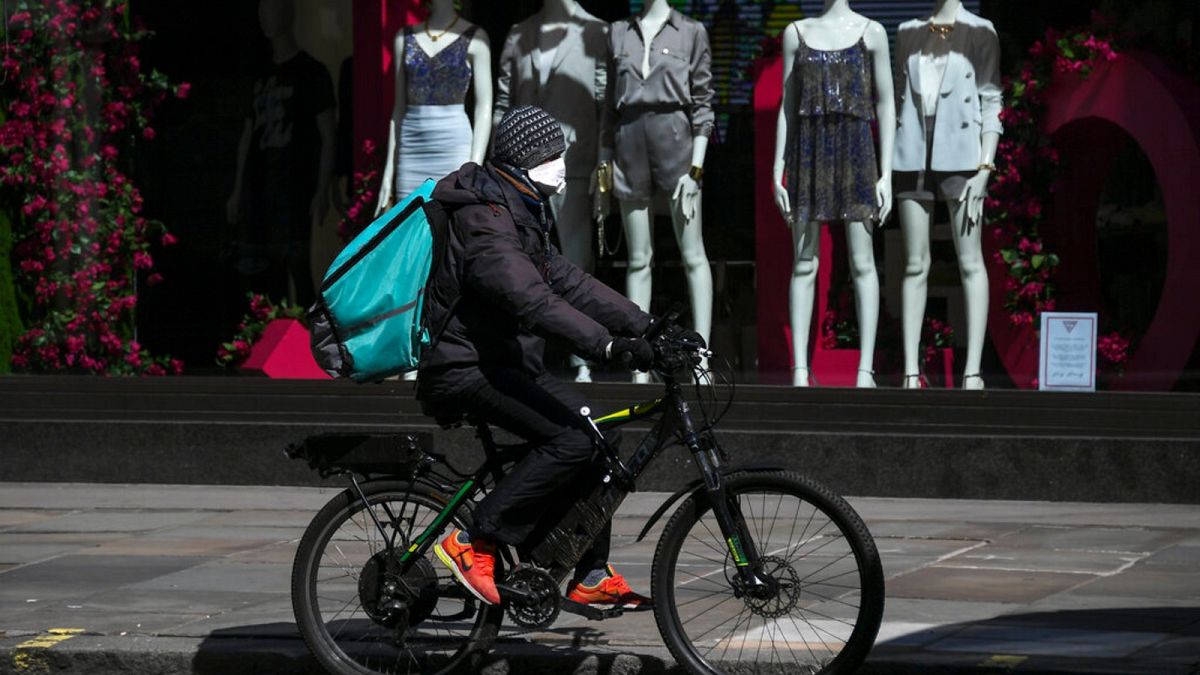The coronavirus pandemic has accelerated the growth of digital labour platforms. Now their workers need better social protection, says the International Labour Organization.
They're now part of our daily lives, but have disrupted the way millions of people across the world earn an income.
The number of digital labour platforms has risen five-fold worldwide in the past decade, according to the International Labour Organization, which has released a new report into what we commonly refer to as the gig economy - where independent workers take on contract labour.
Digital labour platforms are all around us in various areas such as travel, rental, education and food delivery services. If you use Uber, Coursera or Airbnb, you're using a digital labour platform.
ILO argues that the growth of this digital economy presents both huge opportunities and challenges for workers and businesses, and creates the need for international regulatory cooperation.
"We need a serious dialogue about what the appropriate way to classify platform workers is, and how to make sure that they get the necessary protections at work," ILO Director-General Guy Ryder told Euronews.
"It must be an international dialogue because these platforms, of course, operate across multiple jurisdictions," he said in a live interview on Euronews Now.
The report, "World Employment and Social Outlook 2021," draws on the findings of ILO surveys conducted among some 12,000 workers in 100 countries.
It highlights that the majority of workers on digital labour platforms are young, educated men. Many have faced declining demand since the start of the pandemic but worked throughout the crisis to keep earning an income.
Ragged safety net
Most digital platform workers do not have social security coverage, and seven out of 10 said they were not able to take paid sick leave or receive any compensation if they were to test positive with the coronavirus.
The lack of a social and healthcare safety net for digital economy workers has become a particularly pressing topic with the onslaught of COVID-19. Britain's top court ruled last week that Uber drivers are "workers," not self-employed, and are therefore entitled to minimum wage and paid leave.
While the pandemic has accelerated the shift towards remote working and other digital technologies, Ryder says it is important to differentiate between what is temporary and dictated by a specific context, and the model that people want to embrace going forward.
"I think the important thing here is not to believe that there is a predetermined solution dictated either by pandemics or by technology, and sit down and say, well, what are the societal preferences?" he said.
"What do we want to direct the policy debate towards? We have the choice."
Watch the interview in the video player above.
